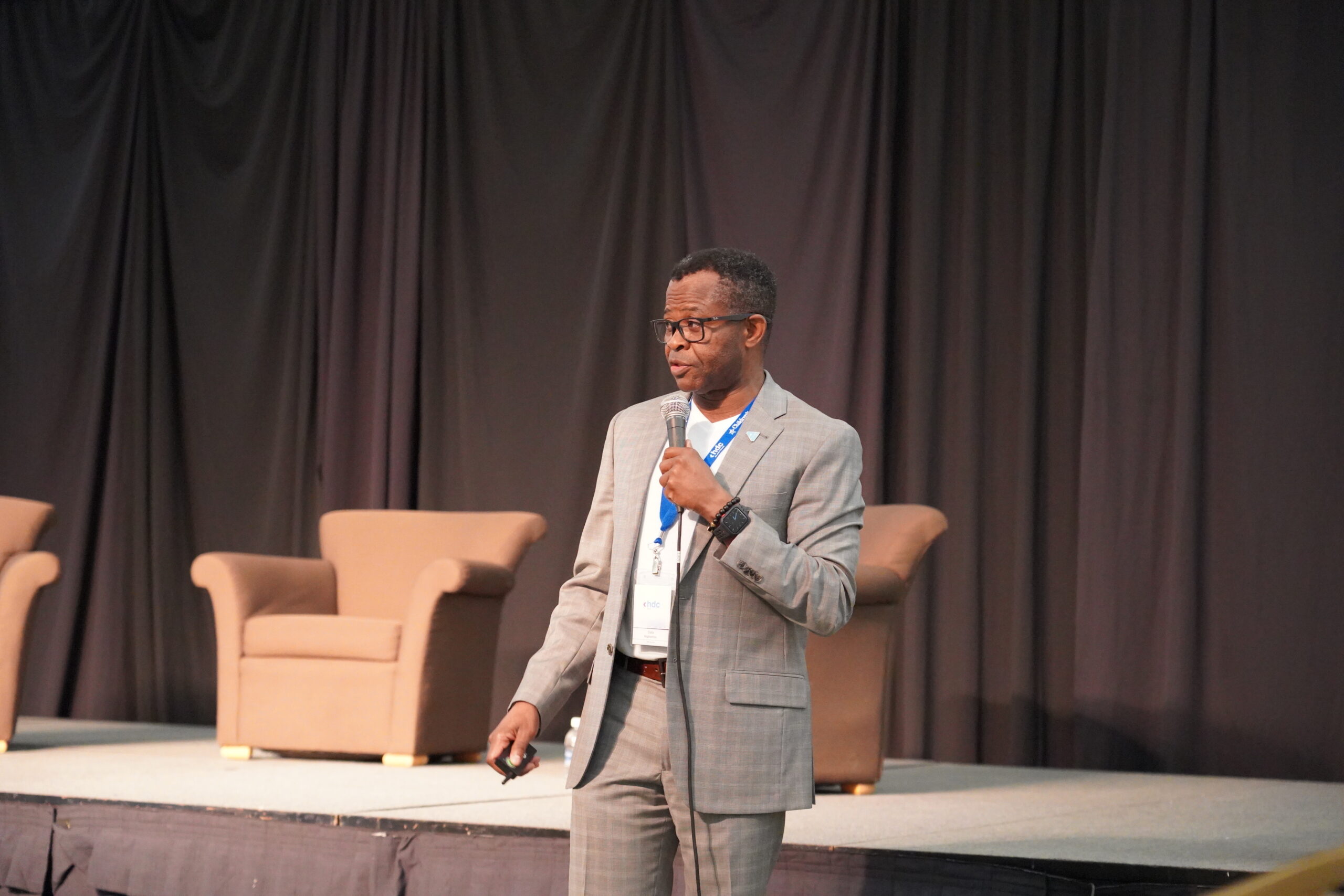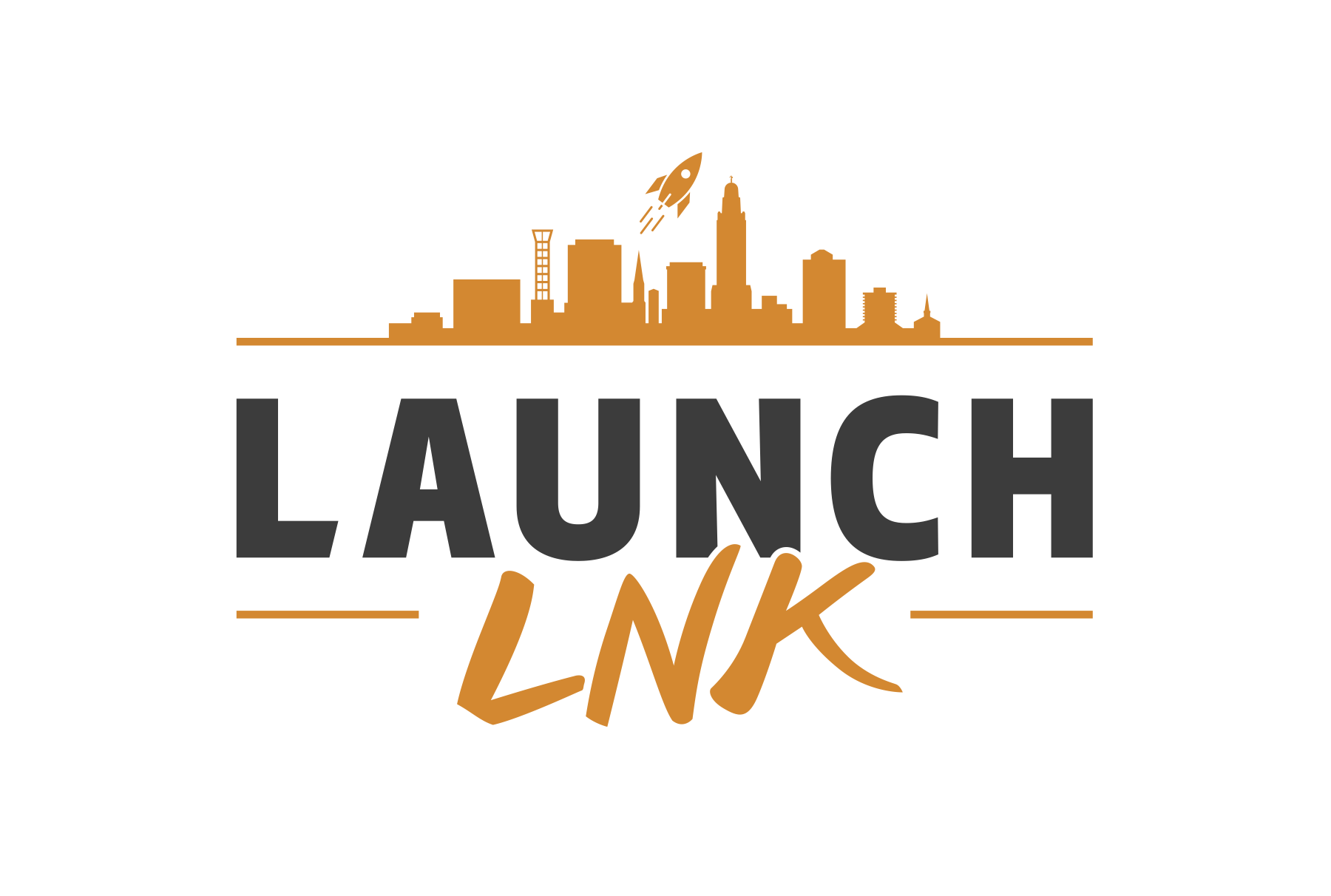As artificial intelligence moves from buzzword to boardroom priority, the Heartland Developers Conference put the spotlight on how companies can prepare for adoption and measure its impact. Hosted Sept. 30 and Oct. 1 by AIM Institute, the annual event drew developers, IT leaders and industry experts to share knowledge, demonstrate techniques and connect with peers.
For more than 15 years, AIM’s HDC has been one of the Silicon Prairie’s most technical conferences, offering keynote speakers, breakout sessions, an exhibitor hall and networking opportunities. One aspect of this year’s program focused on AI, with sessions that explored both the technical foundations and the human aspects of adoption.
The role of the CIO
One panel, “The Role of the CIO with Organizational AI Readiness,” featured Jeanna Faulhaber of Lozier Corporation, Melissa Moreno of Lindsay Corporation, Katie Barton of CDW and Kim Whittaker of FNTS. Together, they offered a candid look at what it takes for enterprises to prepare for AI adoption and why many are struggling.
The panelists agreed that AI readiness is not a milestone but a journey. Barton emphasized that most organizations are still experimenting with pilot projects and that only a small percentage have reached transformational use. Both Whittaker and Faulhaber echoed that even large enterprises are still in evaluation mode, weighing use cases and gauging return on investment.
Data quality and governance surfaced as the most critical prerequisites. Barton noted that without clean, well-classified and secure data, even the most sophisticated AI tools will fail. Whittaker added that companies must establish robust security and intellectual property protections, especially when using cloud or third-party platforms. Moreno reinforced the point by stressing clear policies around which AI vendors are approved, how data is stored and what risk levels are acceptable.
The panelists also acknowledged that culture is as important as code. Faulhaber and Barton both pointed to change management as a recurring barrier — employees need training, reassurance and reinforcement to adopt AI tools successfully. Whittaker framed AI as an augmentation of work, not a replacement, while Moreno called for hands-on training in prompting and tool use to build confidence.
Ethical questions rounded out the conversation. Faulhaber described a decision to reject an AI feature that risked exposing personal data, underscoring that responsibility and transparency must guide adoption. Moreno and Barton said aligning projects with company values is as important as any technical consideration.
From hype to impact
Another panel closing out the second day at HDC, “From Hype to Impact: Making AI Work for Business Outcomes,” dug into why so many AI pilots fail to deliver results. The discussion featured Scott Data’s Ken Moreano and Bill Torson, alongside consultant Elizabeth Hallgren.
Moreano framed the problem bluntly, citing a study showing that only 5% of AI projects accelerate revenue. Torson attributed part of the issue to hype-driven decision making, where organizations invest in tools without a clear use case. Hallgren added that businesses often pursue technology in search of a problem, overlooking strategic priorities and customer needs.
The panel identified three recurring pitfalls: poor data, lack of leadership buy-in and inadequate change management. Hallgren emphasized that AI is as much a people problem as a technical one. She described how employees’ fears of job loss can derail projects unless companies invest in upskilling and transparent communication. Torson highlighted the absence of mature industry standards, warning that security and best practices are evolving too quickly for organizations to be complacent.
The speakers advocated for smaller, targeted pilots that solve specific business problems and can be scaled if successful. Torson pointed to simple tools, such as internal chatbots, that provide measurable efficiency gains while building cultural readiness. Hallgren described working with companies to scope “quick win” projects, learn from failures and iterate.
Looking ahead, the panelists predicted that enterprise AI will shift toward localized, private deployments due to data movement constraints. At the same time, smaller businesses may leapfrog traditional digital transformation by building AI-ready systems from scratch. Both Torson and Hallgren underscored that curiosity, adaptability and critical thinking will be the most valuable workforce skills in this next wave.
Looking ahead
In his closing remarks, AIM CEO Dala Alphonso emphasized that building the Midwest’s tech ecosystem will require collective effort, collaboration and community impact.
He framed the work as both economic development and community building. “I strongly believe that if each and every one of us decides to lock arms and really focus on driving this work forward, it drives economic development,” Alphonso said. “It makes technology attractive, and more importantly, it makes the Midwest a place that people want to come, work, live, grow, raise a family or do whatever it is that matters most to them.”
With its focus on both AI’s promises and its pitfalls, HDC 2025 underscored that the future of enterprise technology will depend as much on leadership, collaboration and ethics as it does on infrastructure or code.



